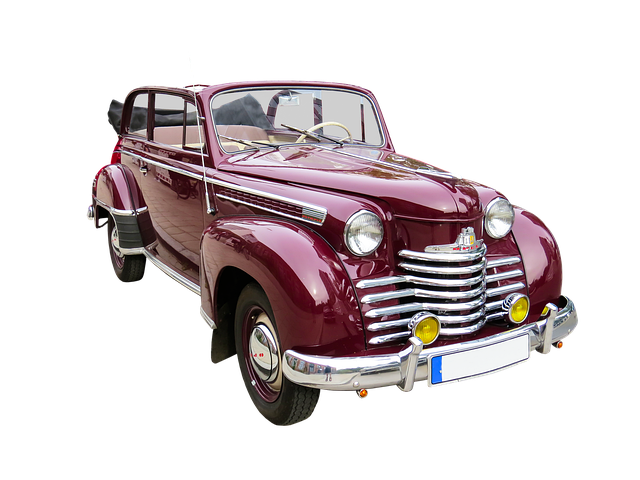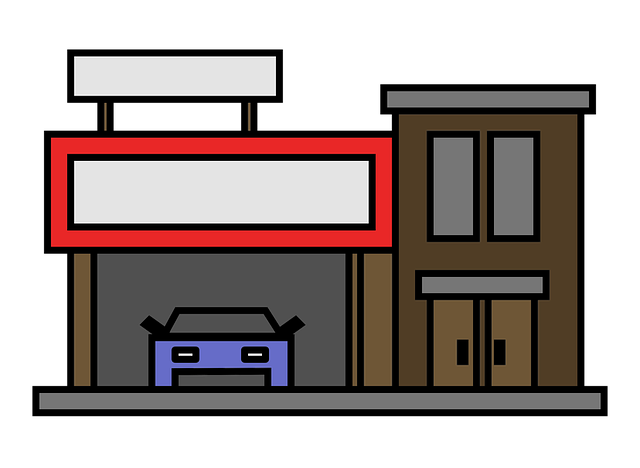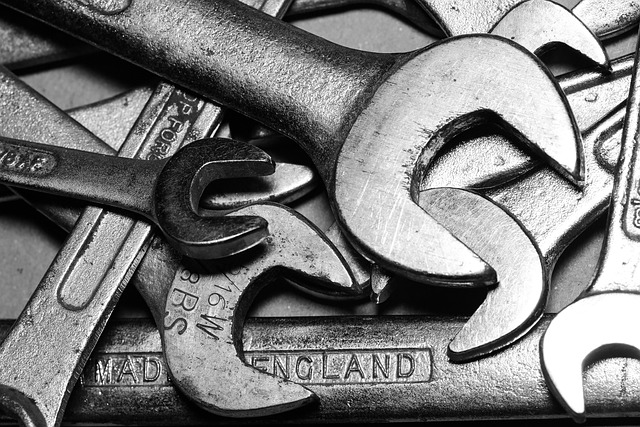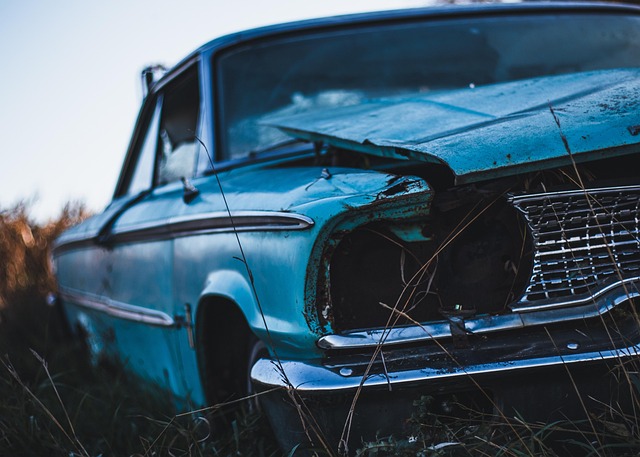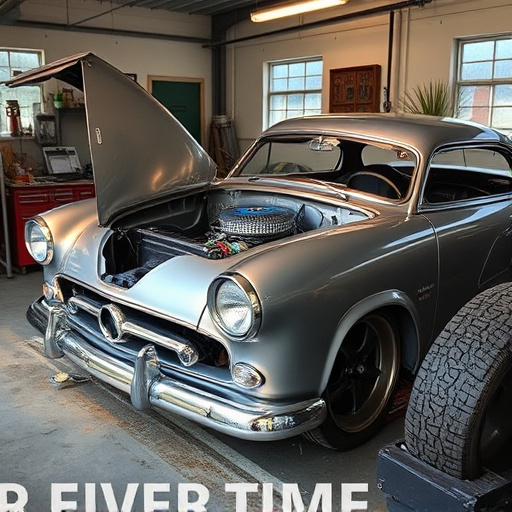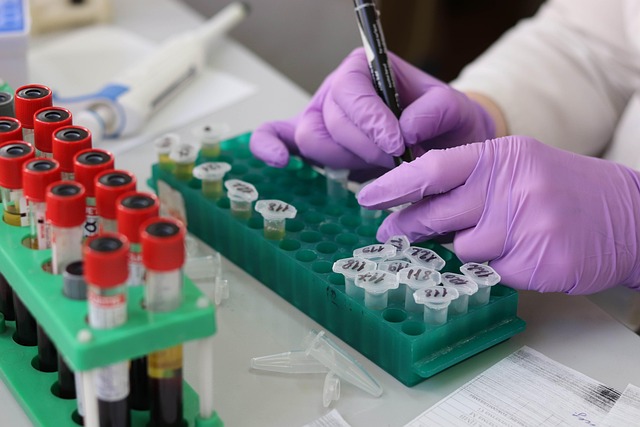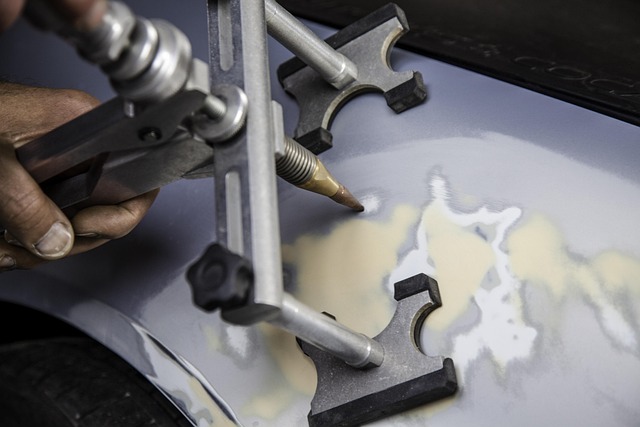Salvaged auto body parts from damaged vehicles offer a cost-effective and eco-friendly repair option, but legal considerations are crucial. Buyers must ensure compliance with regional regulations regarding sourcing, documentation, and part classification to avoid legal troubles. Reputable dealers provide detailed certifications, confirming part legality, safety standards, and compatibility for collision repairs, while adhering to industry best practices ensures responsible and sustainable buying.
When purchasing salvage auto body parts, understanding their unique legal status is crucial. This guide delves into the intricacies of buying used car components, focusing on key legal considerations. From defining ‘salvage’ and its regulatory framework to ensuring part legality and safety, this article equips buyers with essential knowledge. Learn about best practices to navigate potential legal pitfalls and stay compliant in the salvage auto body parts market, ensuring quality and integrity in your purchases.
- Understanding Salvage Auto Body Parts and Their Legal Status
- Key Legal Aspects to Consider Before Purchasing
- Ensuring Compliance and Safety: Best Practices for Buyers
Understanding Salvage Auto Body Parts and Their Legal Status
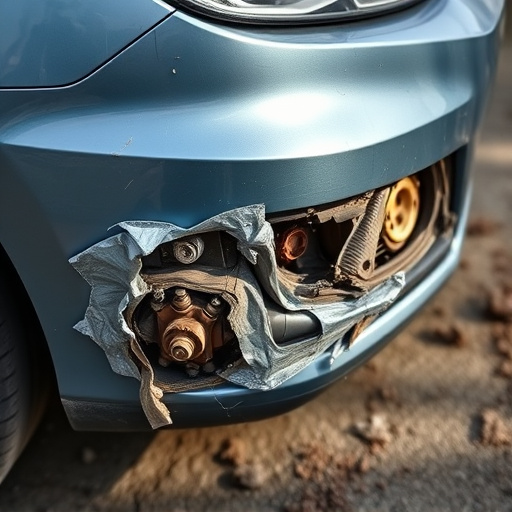
Salvage auto body parts are vehicle components sourced from cars that have been damaged and deemed unfit for road use. They’re often recovered from accidents, natural disasters, or when a vehicle is beyond repair, offering an affordable alternative to new parts. Understanding their legal status is crucial before purchasing. In many jurisdictions, these parts can be legally sold and purchased, provided they meet specific safety standards and regulations. This ensures that the parts are safe for installation in cars undergoing repairs, such as collision repair or car bodywork services.
The legality varies across regions, with some areas having stringent rules governing the sale and use of salvage auto body parts. Buyers must ensure these parts are sourced from reputable dealers who can provide proper documentation, proving their authenticity and compliance with local laws. This is particularly important when considering cost savings. Using salvaged parts in car repair services doesn’t only help reduce expenses but also contributes to environmental sustainability by encouraging the reuse of vehicle components.
Key Legal Aspects to Consider Before Purchasing
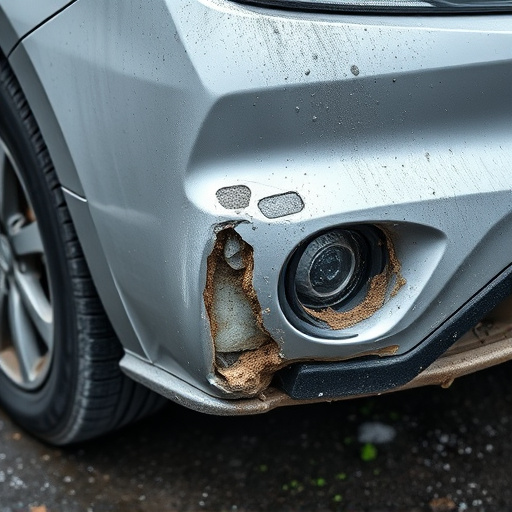
When considering purchasing salvage auto body parts for your car collision repair or to stock at a collision center, it’s crucial to be aware of several key legal aspects that can significantly impact your decision and protect your business interests. First and foremost, ensure that all parts have been properly classified as salvage or reclaimed, meeting the necessary regulatory standards. This categorization ensures that the parts are acquired ethically, with proper documentation tracing their origin, which is essential for transparency and potential insurance claims.
Additionally, you must verify the legal status of the parts’ removal and disposal, especially if sourced from a car scratch repair shop or through online platforms. Understanding the laws around salvage title vehicles and the rights of original owners is paramount to avoiding any legal complications. Adhering to these regulations not only safeguards your business but also ensures that you’re providing customers with genuine, ethically sourced auto body parts for their car collision repair needs.
Ensuring Compliance and Safety: Best Practices for Buyers
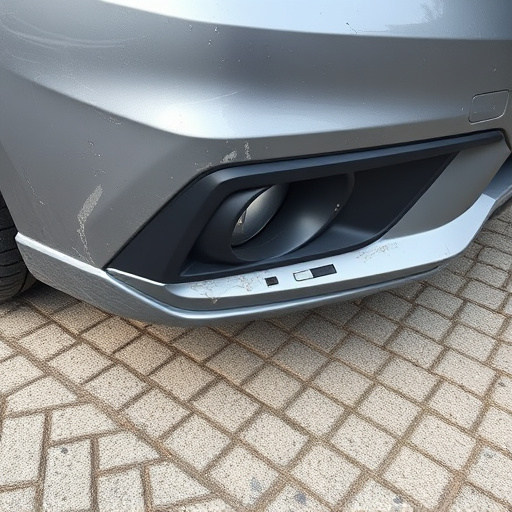
When buying salvage auto body parts, ensuring compliance with industry standards and safety regulations is paramount for buyers. It’s crucial to verify that the parts have been acquired legally and meet the necessary criteria for reuse. Reputable salvage yards maintain records and certifications, proving the history of each part, which helps buyers make informed decisions.
Best practices include demanding detailed documentation, checking for any recalls or safety issues specific to the components, and verifying their compatibility with your vehicle model. Some collision centers offer specialized services for auto maintenance and tire replacements using salvaged parts, ensuring they meet high-quality standards. This approach not only promotes sustainability but also guarantees safe and reliable repairs, making it a responsible choice for both buyers and their vehicles.
When buying salvage auto body parts, understanding their legal status and navigating key considerations is paramount. By familiarizing yourself with the regulations surrounding these parts, you can ensure compliance, safety, and peace of mind during your purchase. Always consult local laws and follow best practices to make informed decisions when acquiring salvage auto body parts.

